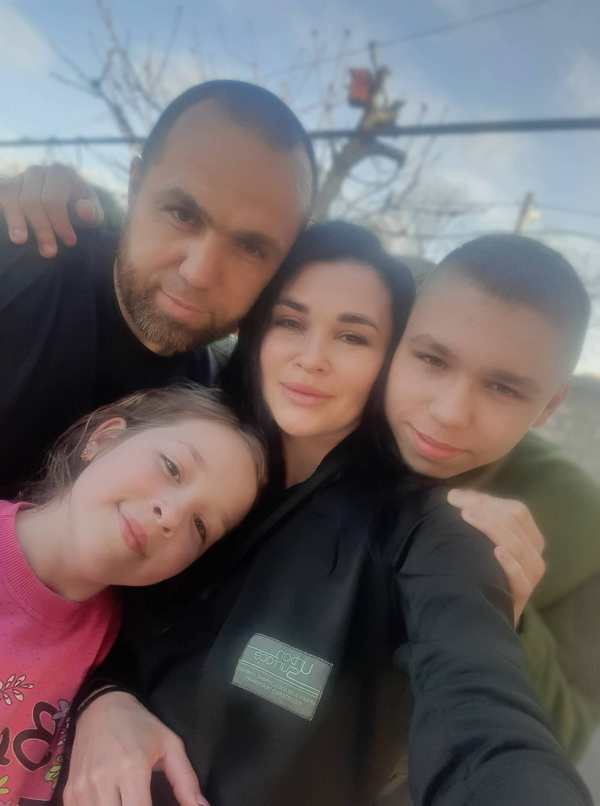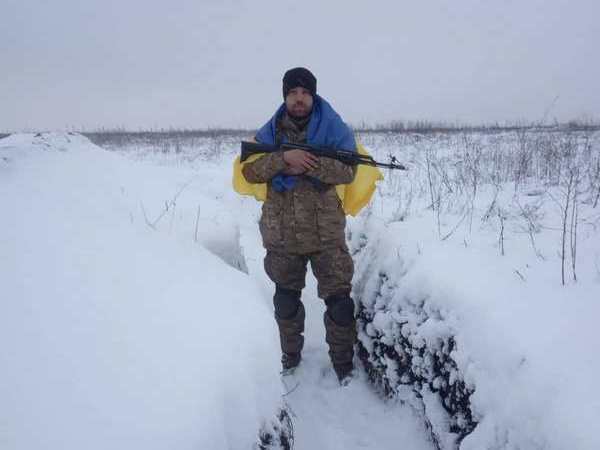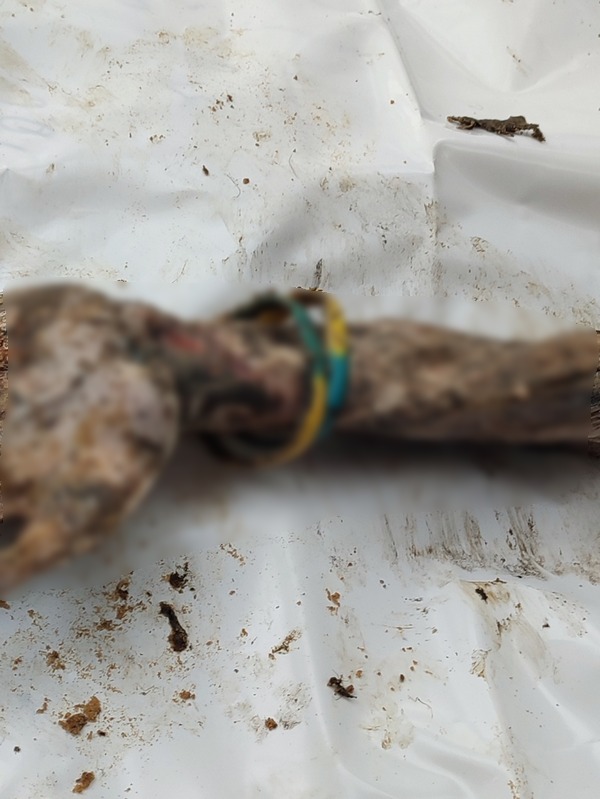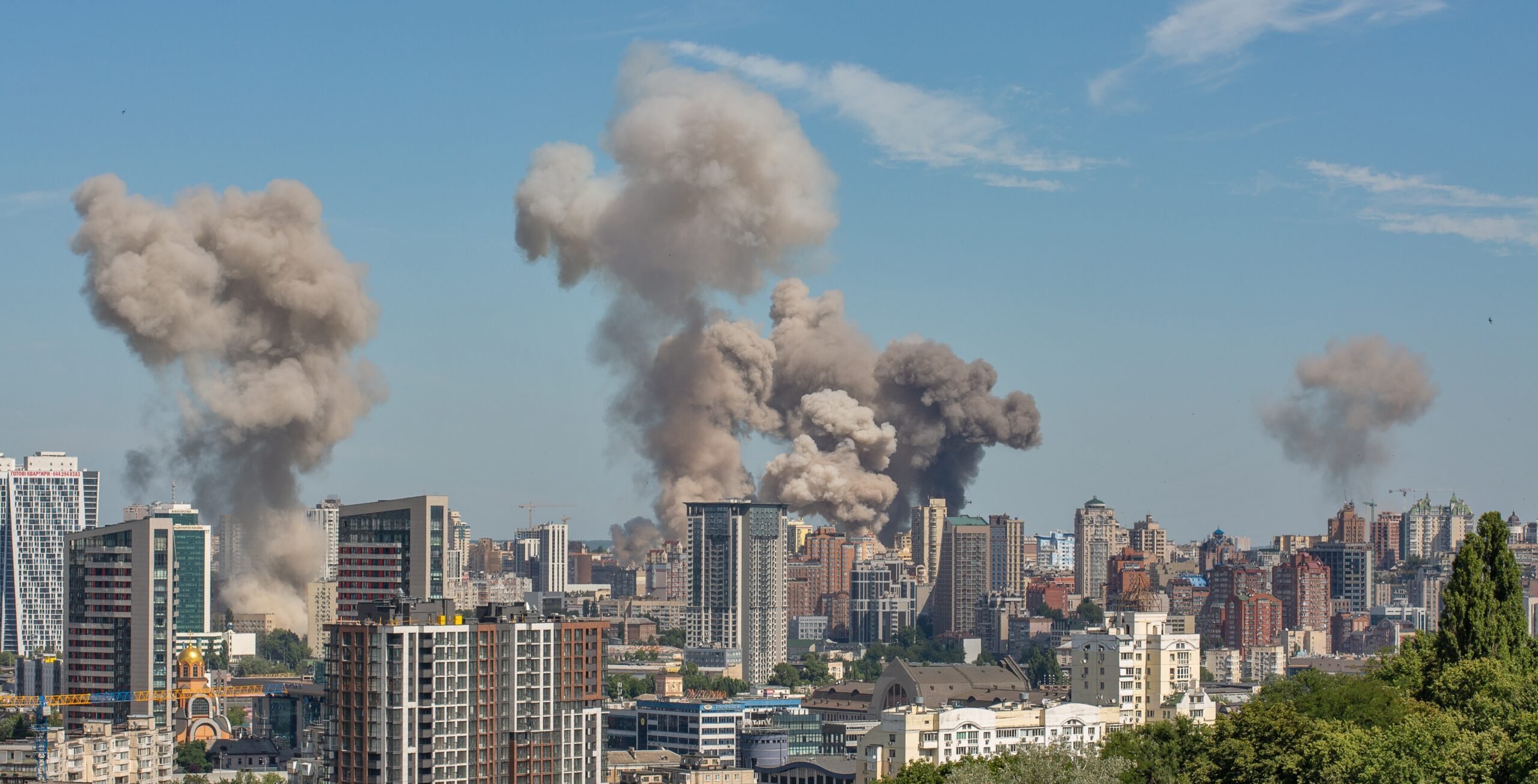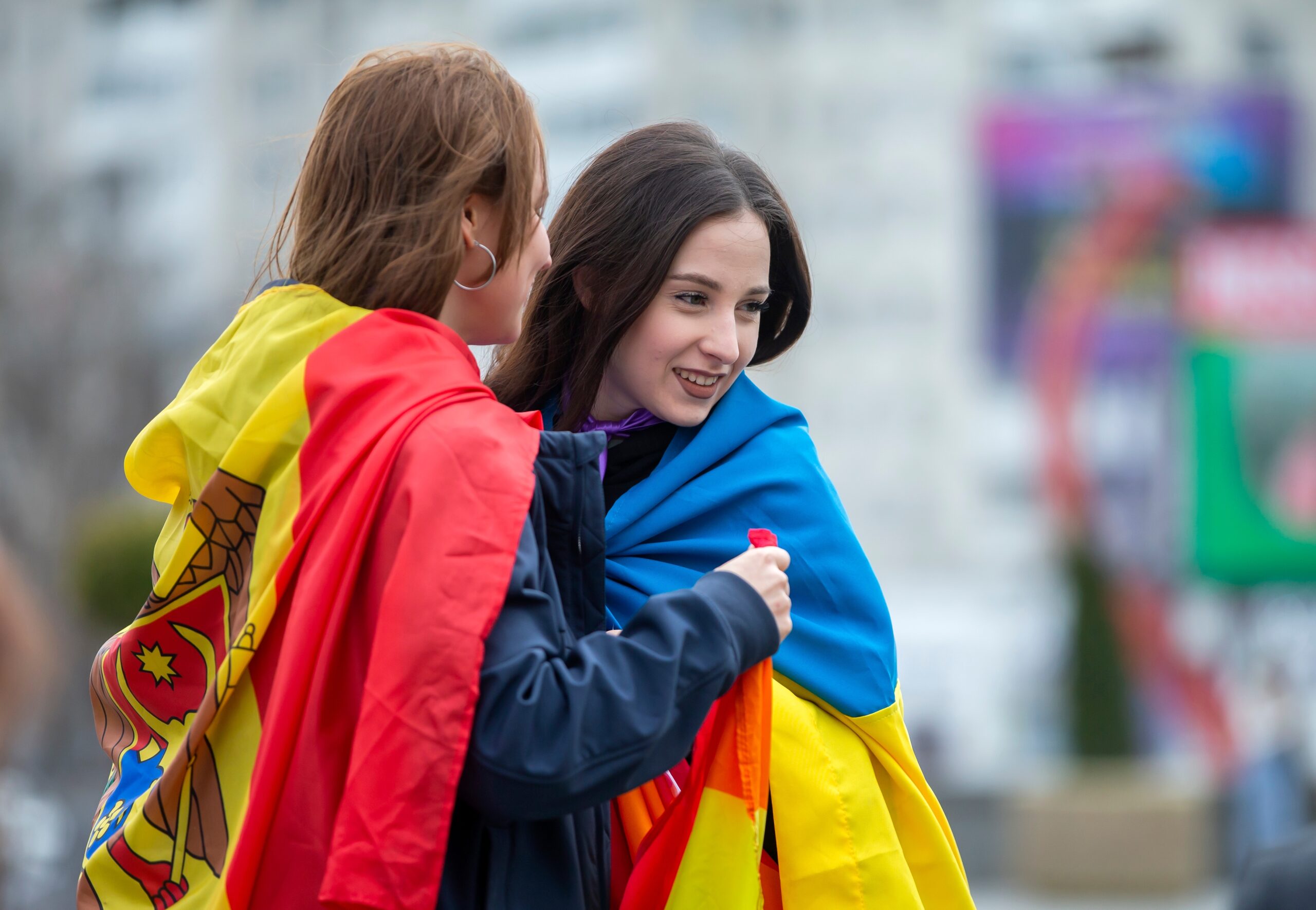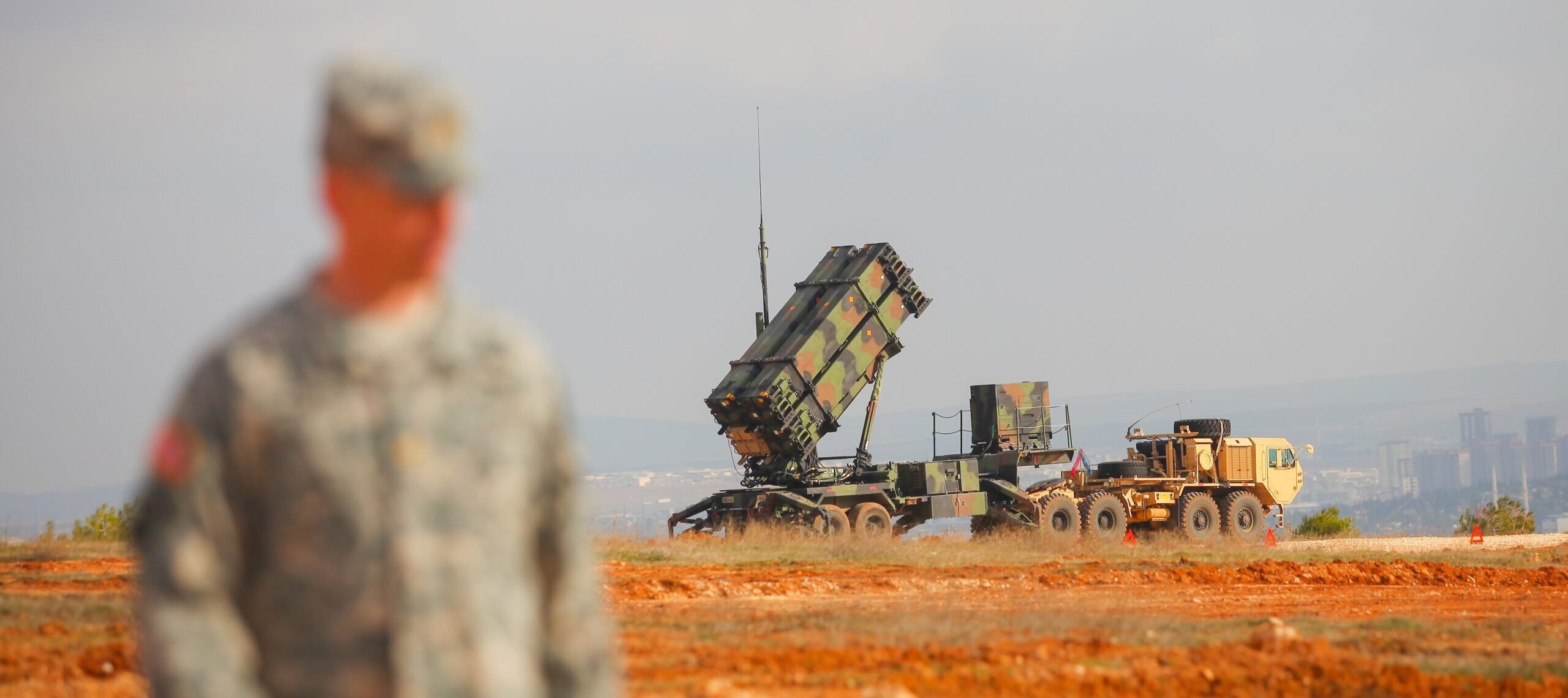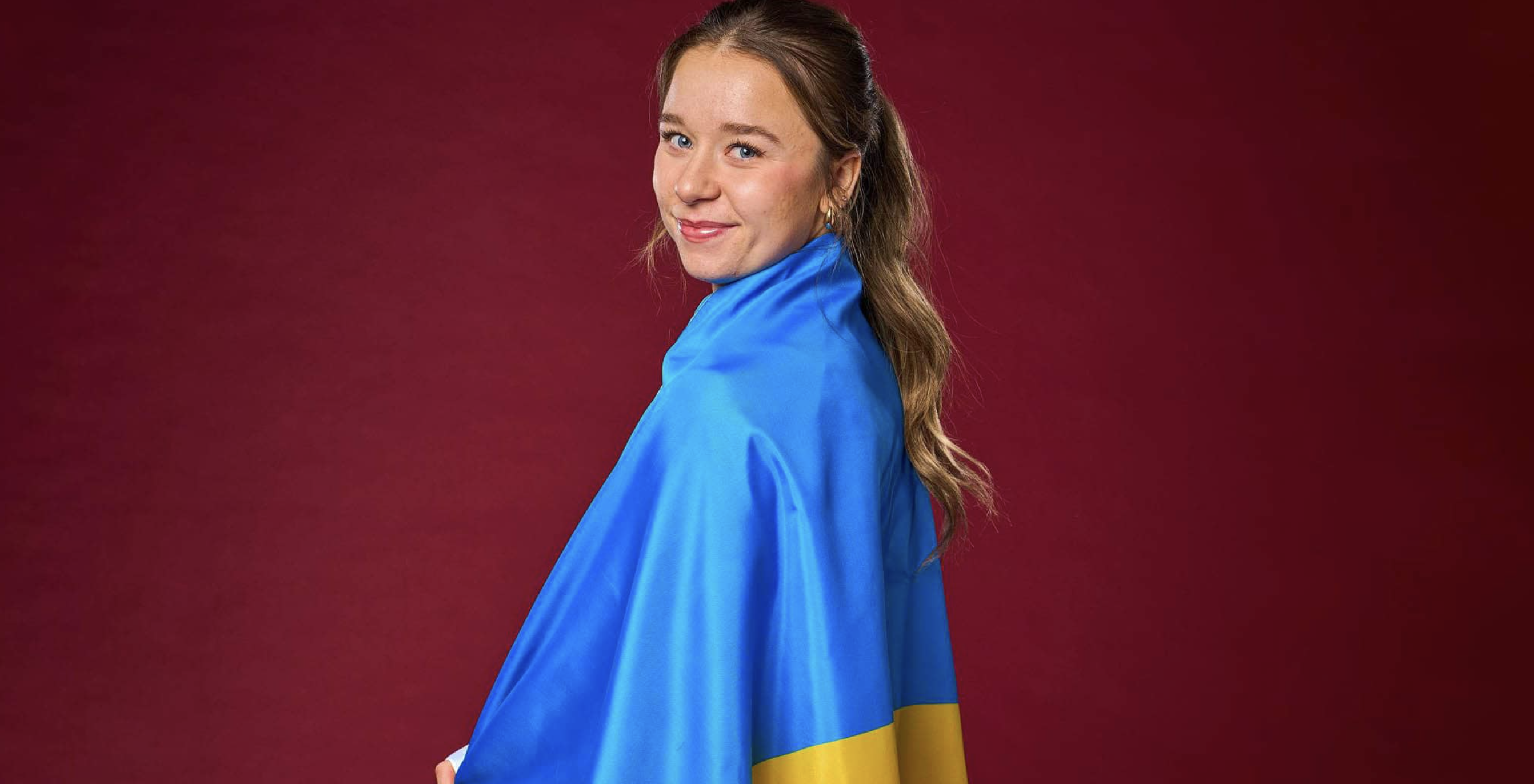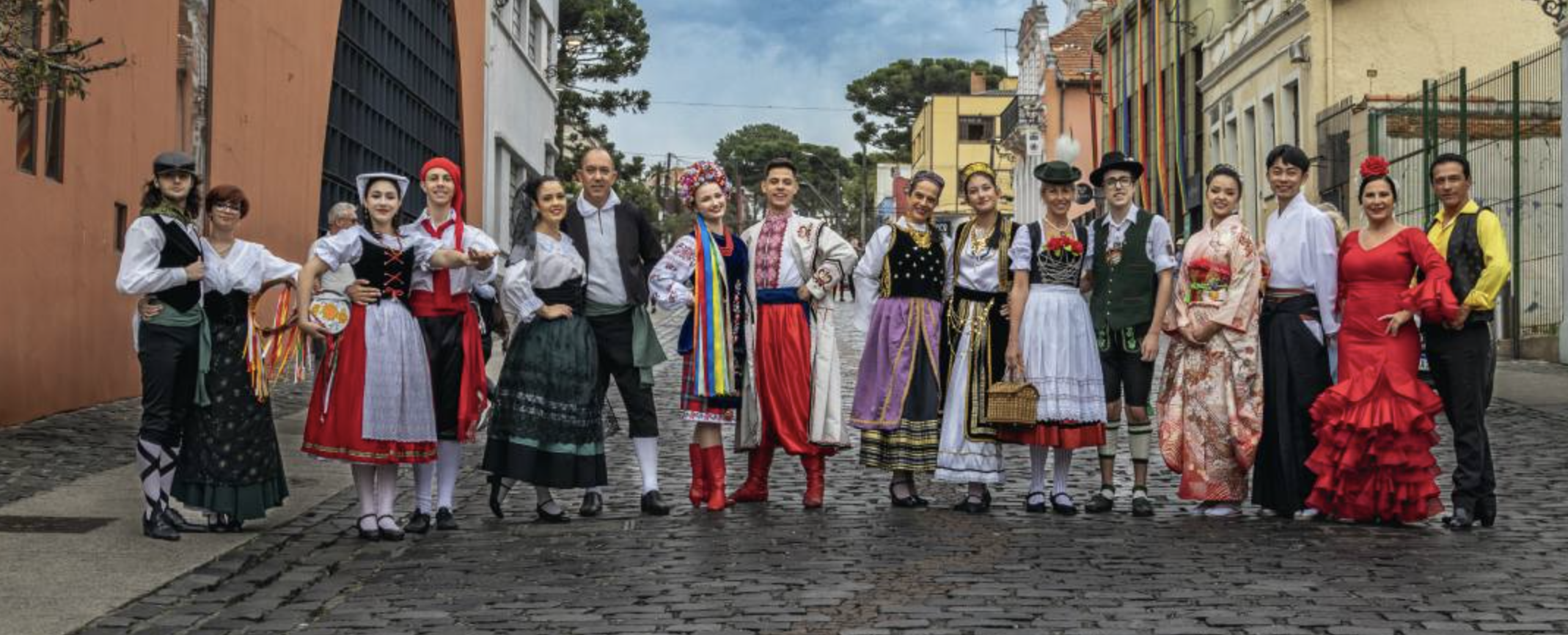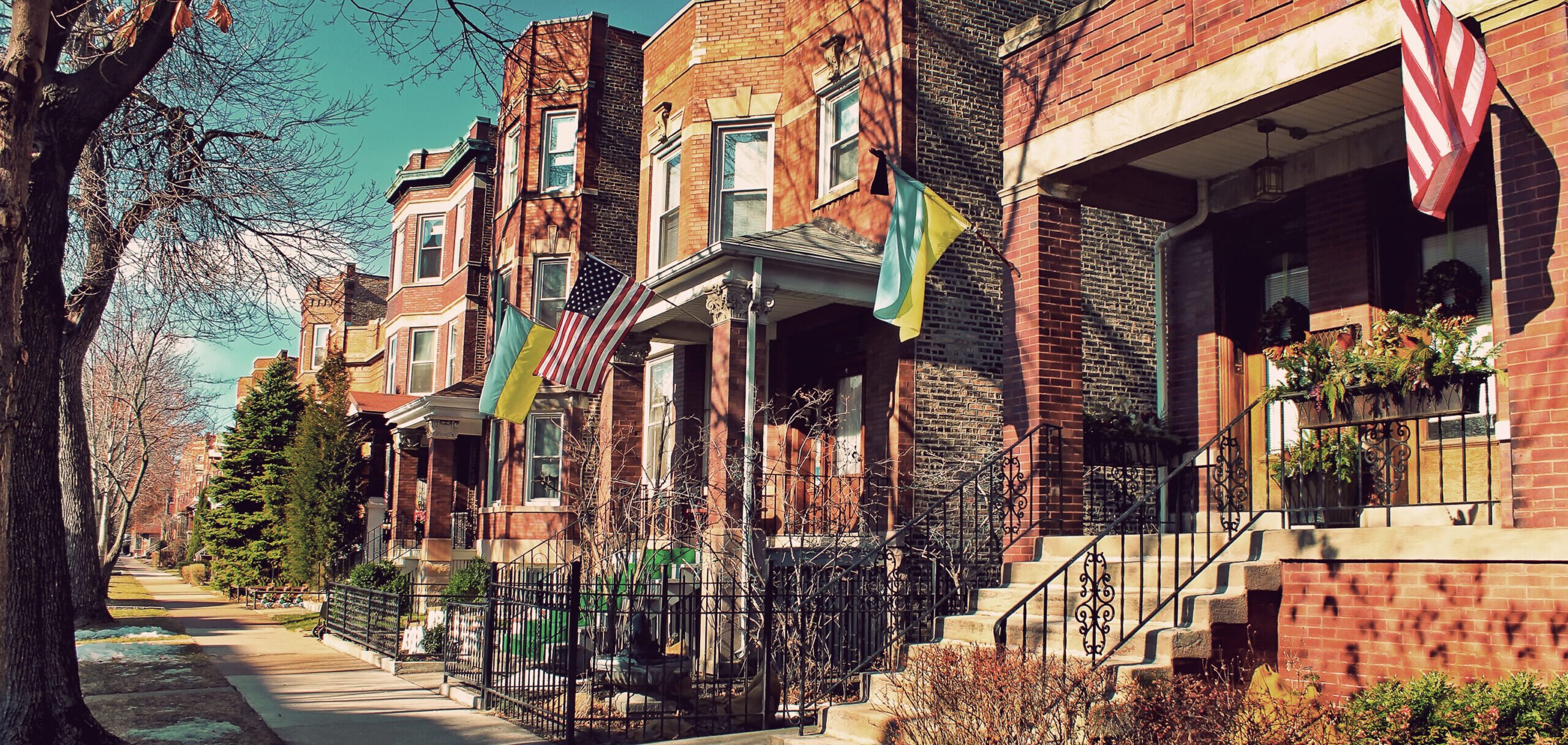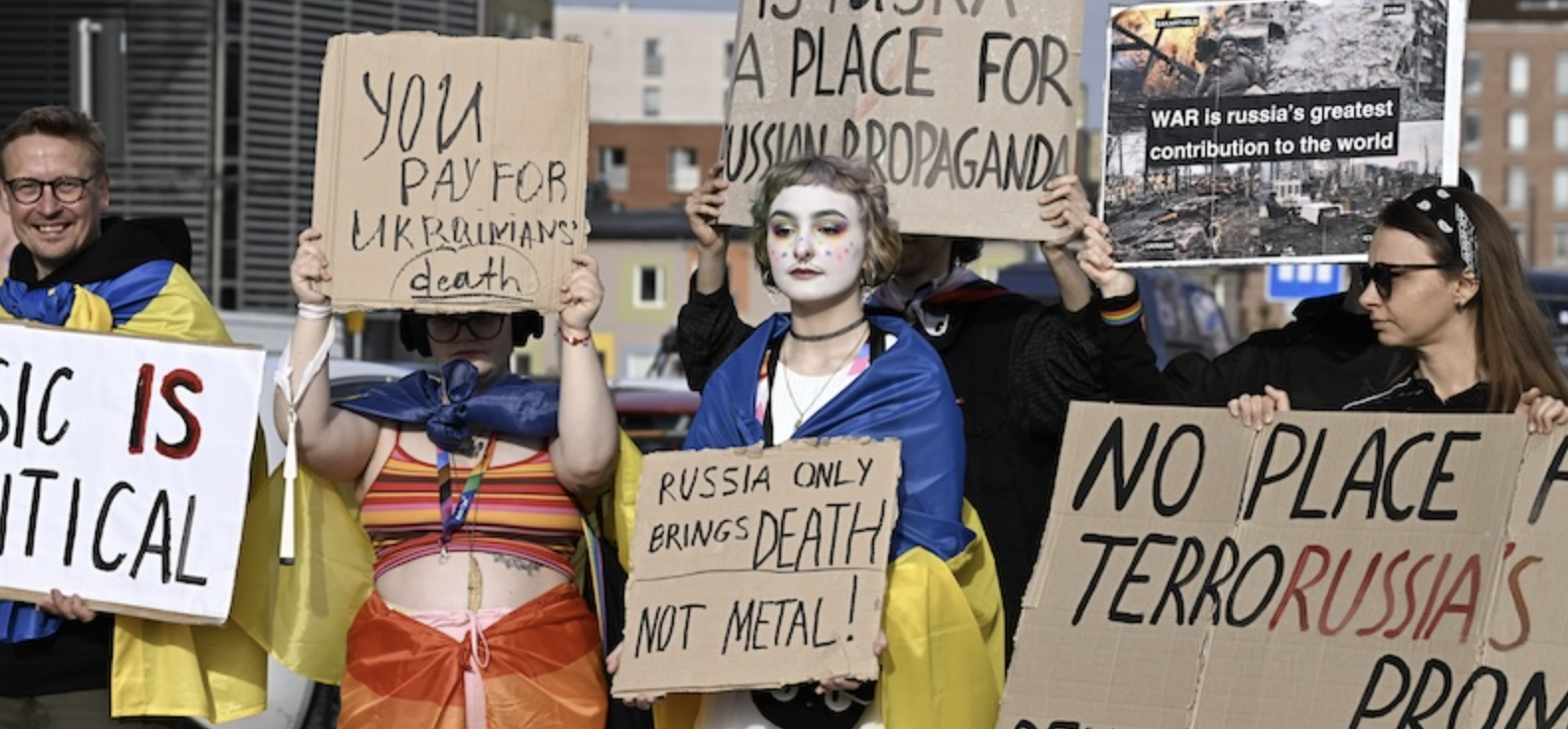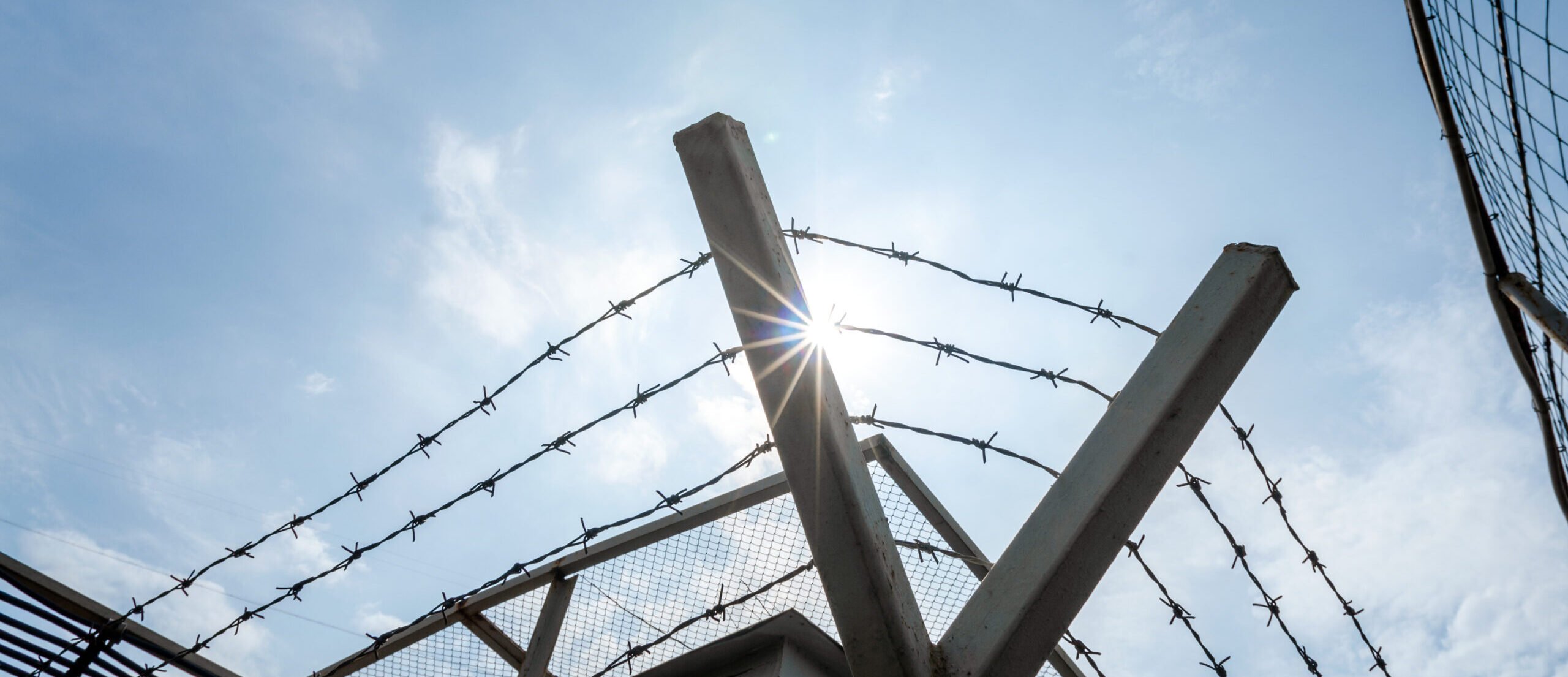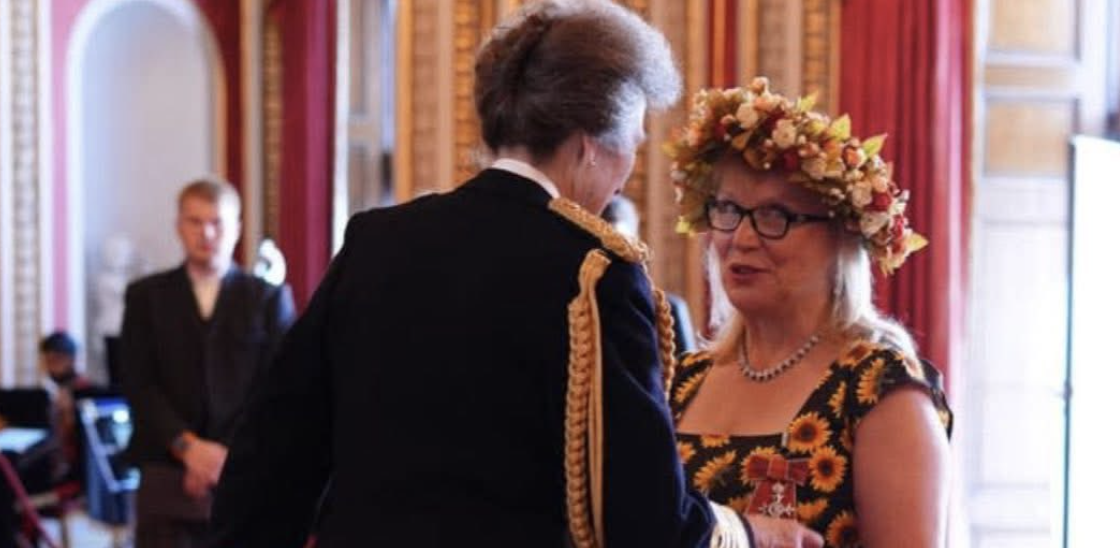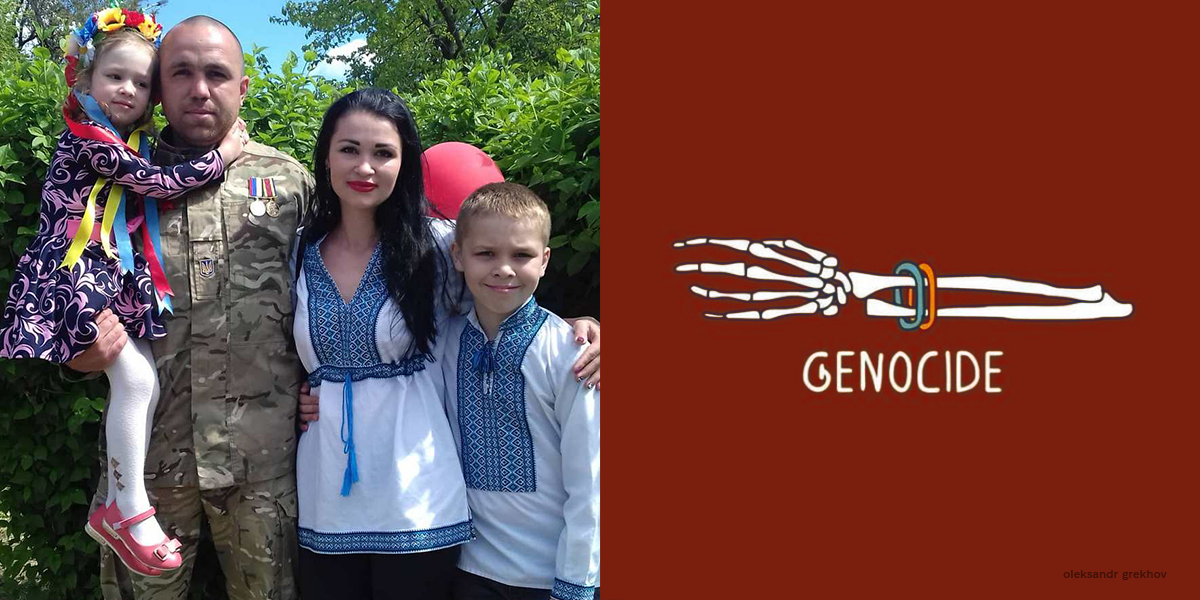
After their last phone call, she had been trying to find him for five months. She applied to the military registration office and submitted a DNA sample. Every day, she reviewed photos from morgues, crying her eyes out, driving away dire foreboding, and desperately hoping for a miracle – her love, the father of her kids might be alive, just held captive. And now, on a photo from the exhumation site in Izyum, she recognized his hand with two blue-and-yellow bracelets – a present of their son that the father had never taken off since the beginning of the war eight years ago.
Oksana and Serhiy Sova have been married for 15 years, “fantastic years” as Oksana puts it. They lived in Nikopol, Dnipropetrovsk Oblast, bringing up two children, Marat, 14, and Elina, 9, and attending their family business – working dog breeding and training. Serhiy was a well-known dog trainer in Nikopol, his dogs became champions at prestigious contests, and he also helped train dogs for the military.
In 2014, when the war began, Serhiy was drafted in the first wave of mobilization and joined the 93rd Mechanized Brigade “Kholodny Yar.” He defended Pisky and delivered ammunition to the Donetsk Airport, the place now world-renowned for the unprecedented heroism of Ukrainian defenders. In a year, Serhiy quit the army to have some rest and spend time with his family. It did not last long, however, as his brothers-in-arms kept calling him and asking to return. So, soon he signed a contract with the brigade as a senior rifleman and did exemplary service. Not long before Russia’s full-scale invasion, Serhiy was sent to the Desna Training Center for a combat medic course. But then came Feb. 24, and his brigade went to defend Kharkiv Oblast.
In April, Serhiy was on the Izyum axis. “We always kept in touch, and my husband was frank with me, sharing everything he had experienced,” says Oksana. “Serhiy explained that he had to fight and could not leave his brothers. It was his calling […] There was no fear, although the husband reiterated that only a fool is not afraid… But you have to do your job at one hundred percent – protect Ukraine and stand to the end.”
Their last conversation was on Apr. 19. Serhiy said some three or four days ago they were bombarded by Russian aviation, shelled by Russian artillery, and attacked by Russian tanks, while the Ukrainians were lacking arms to respond adequately. He also said they were ordered to stand to the end, and so they were doing.
In September, when Izyum was liberated by Ukrainian forces, mass burial sites were discovered – like elsewhere in Ukraine after the liberation of cities from Russian barbarians. Here, in the forest, were over 440 graves of people, both civilians and servicemen, who had been tortured and killed.
When Oksana saw the photo of the hand, she did not doubt for a second that it was her husband’s. She recognized the tattoos and the bracelets. “The ground has gone from under my feet,” she says, crying.
Serhiy was 28 when he first went to the war and 36 when he died. He could live on – long years of a happy life with his lovely and loving wife, landing hand to their kids as they grow to become good citizens of independent democratic Ukraine. That is the way life normally should take, and neither Serhiy nor Oksana wanted it to be different. But the Russians came to exterminate Ukrainians and left Serhiy no choice.
There is a term for the war the Russians wage against Ukraine – genocide. Let them burn in hell!
Based on a story in Fakty
